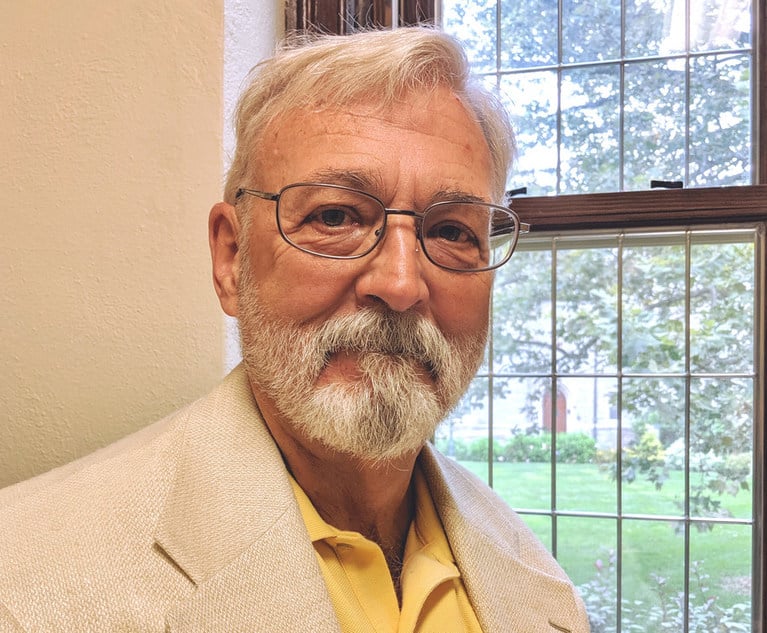In the late 18th century, at the Massachusetts convention, Samuel Adams proposed that gun rights be limited to “peaceable citizens.” In Pennsylvania, Anti-Federalists proposed guaranteeing a right to bear arms “unless for crimes committed.” And in New Hampshire, delegates recommended an amendment that guaranteed a right to bear arms to all except those “in actual rebellion.”
I would suggest that these proposals, taken together suggest at the very least an understanding of the Second Amendment as restricted to law abiding citizens. I understand that none of these proposals became law. I also fully appreciate that we should not derive meaning from a proposal that gets deleted in the drafting process. Maybe “law-abiding citizens” was left on the cutting room floor because the Framers wanted all persons to retain their “natural right of resistance and self-preservation,” or perhaps because it was so widely understood that only the virtuous could keep their guns. Wiser heads than mine have debated these questions, along with whether three ratifying conventions should control or even dominate the inquiry.
This content has been archived. It is available through our partners, LexisNexis® and Bloomberg Law.
To view this content, please continue to their sites.
Not a Lexis Subscriber?
Subscribe Now
Not a Bloomberg Law Subscriber?
Subscribe Now
LexisNexis® and Bloomberg Law are third party online distributors of the broad collection of current and archived versions of ALM's legal news publications. LexisNexis® and Bloomberg Law customers are able to access and use ALM's content, including content from the National Law Journal, The American Lawyer, Legaltech News, The New York Law Journal, and Corporate Counsel, as well as other sources of legal information.
For questions call 1-877-256-2472 or contact us at [email protected]


 Joette Katz, a partner with Shipman & Goodwin. Courtesy photo.
Joette Katz, a partner with Shipman & Goodwin. Courtesy photo.




